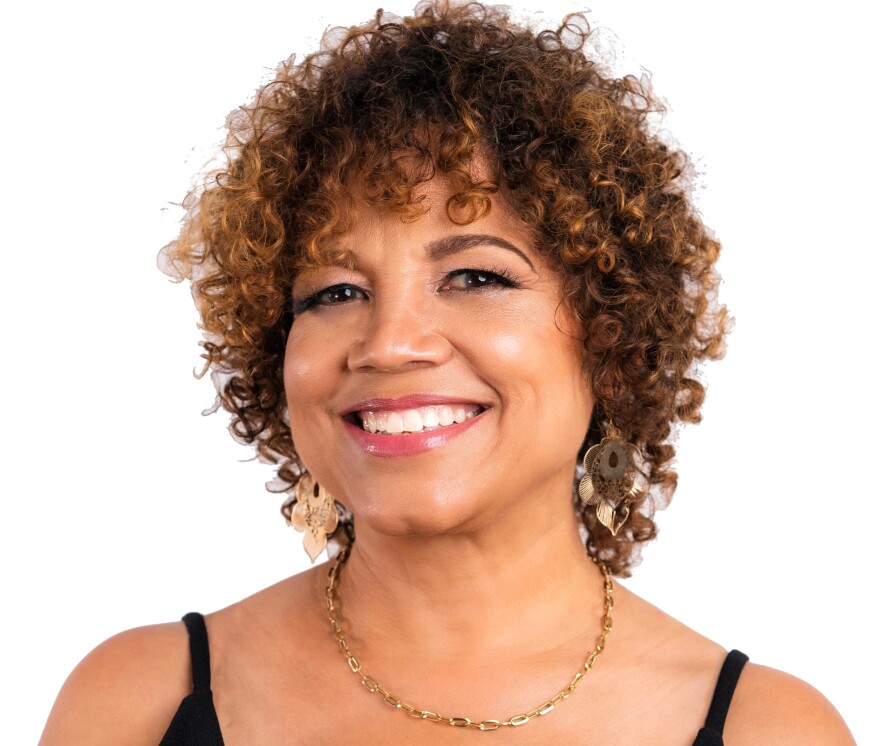For more than 50 years, "Sesame Street" has had children across the country riveted to their television screens. In May, the film "Street Gang: How We Got to Sesame Street" debuted. Davidson resident Michael Davis was co-executive producer of the film and wrote a book on the show's history that inspired the documentary.
But in the early days of "Sesame Street," in the late 1960s, Hickory residents Arthur and Marie Hunt were living in Brooklyn, New York.

"We were sitting in a restaurant called Juniors and it was in downtown Brooklyn. And the woman approached us with, 'How would you like for your girls to be on television?'" Arthur Hunt said. "Because it was kind of strange, I just wanted the woman really to get away from there, from the table."
He worried it was a scam. A visit to the Sesame Street studio erased that fear. Still, Marie Hunt says her husband wasn't sure about letting their daughters, Pamela and Beverly, be on the show. The studio visit had worn them out, but then he learned something important.
"They'll be paid for these programs," Marie Hunt said. "And that perked him up a little bit. And he thought, well, maybe we could let them go again."
Arthur Hunt: And I said exactly that: "Well, they really don't look that tired."
Gwendolyn Glenn: Well, we have Beverly Hunt here with us, as well. Beverly, what do you remember about all of that?
Beverly Hunt: I do remember when he finally maybe gave the preapproval and we marched all the way out to Manhattan to see the studio. But I do remember him saying, "Hey, Mr. Hooper!" instead of the name of the man — Will Lee was the actor. And I do, even as a little girl, remember Mr. Hooper looking at us like we were a little crazy, but I didn't know why. He was very polite to us.
I also remember that the green room was like "Toy Land." There was every single game you could ever think of. There were other kids to play with. So it was a win-win.

Glenn: And when I was talking to you earlier, you mentioned that you had an autograph book. What would make a little 5 year old take in an autograph book? And what kinds of celebrities signed it?
Beverly Hunt: Well, I remember my parents getting me the autograph book because I was very excited about meeting famous people. I remember George Benson, Stevie Wonder, and as little as we were for some reason, we were paired with the basketball players. So I do remember being very excited about meeting Meadowlark Lemon from the Harlem Globetrotters. You'd have your little autograph book and you were there to get the autograph. So that was kind of cool.
Glenn: And Maria, as a former educator, what did they get out of it educationally?

Maria Hunt: One of the goals was to prepare children for school. I think that was one of the main goals. And they tried to do it in an engaging, entertaining way. Physical activities to engage the body into the shape of the letter. You have these different pathways to the brain. So you can look at it, you could say it. But when you actually get down on the floor and you try to shape your body to it, it just adds another dimension to the learning process.
Beverly Hunt: I felt extremely important that I was part of an ongoing alphabet formation that was on every single show. I happened to be very flexible. I was double-jointed. So I was the kid who could squish up into a little ball like a dot of an "I." And that's literally what I was. I got right on the top. Again, as a little kid, that was everything.
Glenn: The Hunt sisters' time on "Sesame Street" came to an end when their father took a job in upstate New York. Beverly Hunt says she was devastated and always wondered if she would have gone on to stardom like some other Sesame Street cast members, such as Keisha Knight-Pulliam, Rudy of "The Cosby Show;" Tatyana Ali, Ashley of the "Fresh Prince of Bel-Air," and Whoopi Goldberg.
Beverly Hunt is currently a radio producer in Washington, D.C. Her parents are retired in Hickory.



